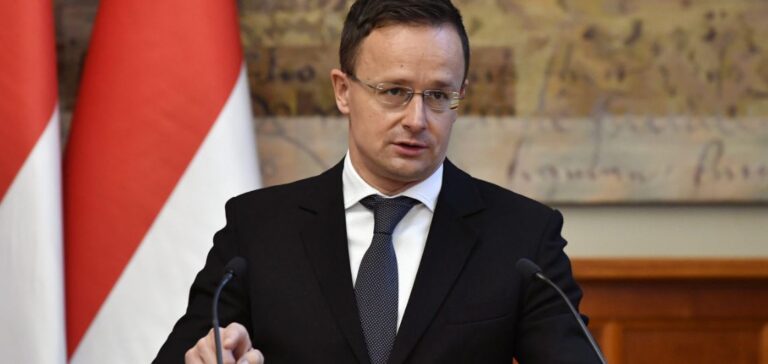Hungary’s Minister of Foreign Affairs, Péter Szijjártó, announced he had travelled to Moscow to discuss peace conditions and energy security. The visit followed a US announcement of a partial truce in Ukraine. Talks focused on enhancing economic cooperation between the two nations, particularly in the energy sector.
Bilateral meeting focused on energy
During the visit, Péter Szijjártó met with the Deputy Prime Minister of the Russian Federation responsible for energy, Alexander Novak. According to an official statement from the Russian government, Hungary reaffirmed its commitment to maintaining stable energy cooperation with Russia, underlining the importance of this relationship for national supply. The Hungarian minister emphasised the consistency of Russian deliveries, stating they contributed directly to Hungary’s energy security.
In 2024, Hungary imported 8.6 billion cubic metres of natural gas and 4.78 million tonnes of crude oil from Russia. These figures marked a historical record, reinforcing Moscow’s role as a key energy partner for Budapest despite ongoing geopolitical tensions in Eastern Europe.
Strategic alignment under European tensions
Alexander Novak praised Hungary’s stance, describing it as “constructive” amid ongoing efforts by Budapest to ease certain European Union sanctions against Russia. Although Hungary has formally endorsed all sanctions packages since the start of the Ukraine conflict, it has repeatedly worked to delay or soften their implementation.
Prime Minister Viktor Orbán, a close political ally of Vladimir Putin, has maintained a divergent position within the European Union, refusing to provide military assistance to Kyiv since the beginning of the invasion. This stance was echoed by Péter Szijjártó, who welcomed recent US-Russia negotiations in Saudi Arabia, calling them a significant step towards de-escalation.





















